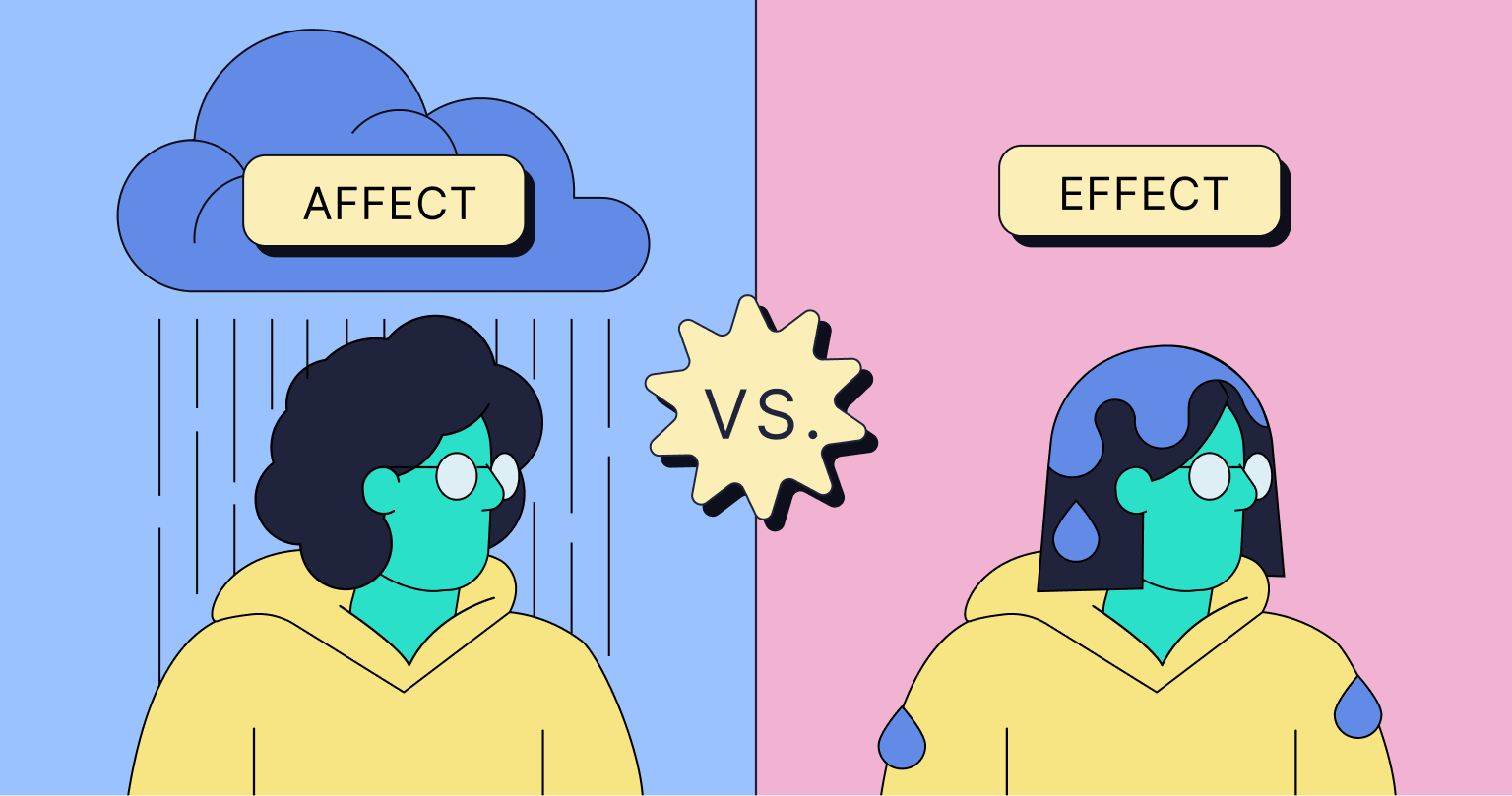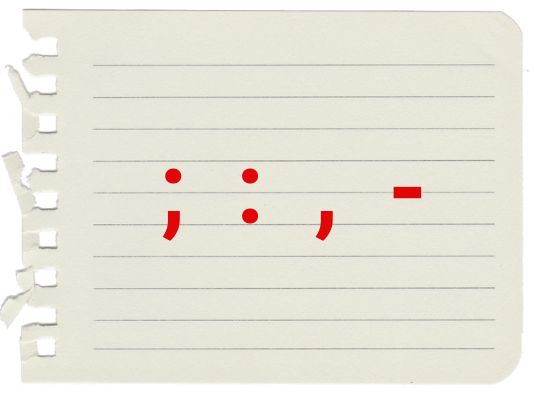Affect, effect or impact?
Good writing is effective, but great writing affects readers. Or does it effect readers? Can it impact them?
Let’s try to reduce the confusing effects of grammar …
First, consider the following definitions:
affect (verb): to act on; produce an effect or a change in
effect (noun): that which is produced by some agency or cause; a result. (Macquarie, 2020)
‘Affect’ is an action and ‘effect’ is a noun that describes the result of an action. Consider the following sentences:
1. Mike’s yelling affected Cindy.
2. The effect of Mike’s yelling was Cindy’s tears.
In sentence 1, Mike’s yelling is doing something to Cindy (i.e., affecting her). In sentence 2, Mike’s yelling is causing Cindy to cry (i.e., creating an effect).
How to tell which word is correct
You have used the correct word if you can:
• replace ‘affect’ with another verb (i.e., ‘Mike’s yelling upset Cindy’)
• replace ‘effect’ with ‘result’ (i.e., ‘The result of Mike’s yelling was Cindy’s tears’)
• put an article before ‘effect’ (i.e., ‘The effect of Mike’s yelling’).
Some tricks to help you remember
• use ‘a’ to remember that ‘affect’ is an action
• use ‘e’ to remember that ‘the effect’ is the result of an action.
What about impact?
‘Impact’ is a noun and a verb but consider the following definitions:
impact (noun): the striking of one body against another
impact (verb): to drive or press closely or firmly into something. (Macquarie, 2020)
‘Impact’ refers to a physical blow or means to hit something. Therefore, it would be imprecise to say that Mike’s yelling impacted Cindy because this would mean that his voice struck her.
Though it is quite common to use the word ‘impact’ as a verb in place of ‘affect’ and as a noun in place of ‘effect’, it is best to reserve it for when you are referring to a physical impact.
Some exceptions
To confuse matters, ‘effect’ is also a verb.
effect (verb): to produce as an effect; bring about. (Macquarie, 2020)
As a verb, ‘effect’ is often used when creating change (i.e., ‘to effect change’). This definition is different from that of the verb ‘affect’, because if someone ‘affected change’, they would be doing something to the change that has already occurred.
The use of ‘affect’ in psychology
Additionally, ‘affect’ is used as a noun in psychology.
affect (noun): observable feeling or emotion, as linked to a thought process or as a response to a stimulus. (Macquarie, 2020)
Simply, ‘affects’ means ‘feelings’. For example, patients who have a ‘happy affect’ are happy.
According to Barrett and Bliss-Moreau (2010), using ‘affect’ as a noun ‘allows researchers to talk about emotion in a theory-neutral way’ (p. 1). This usage is considered psychological jargon and ‘affect’ should not be used as a noun outside this specific purpose.




